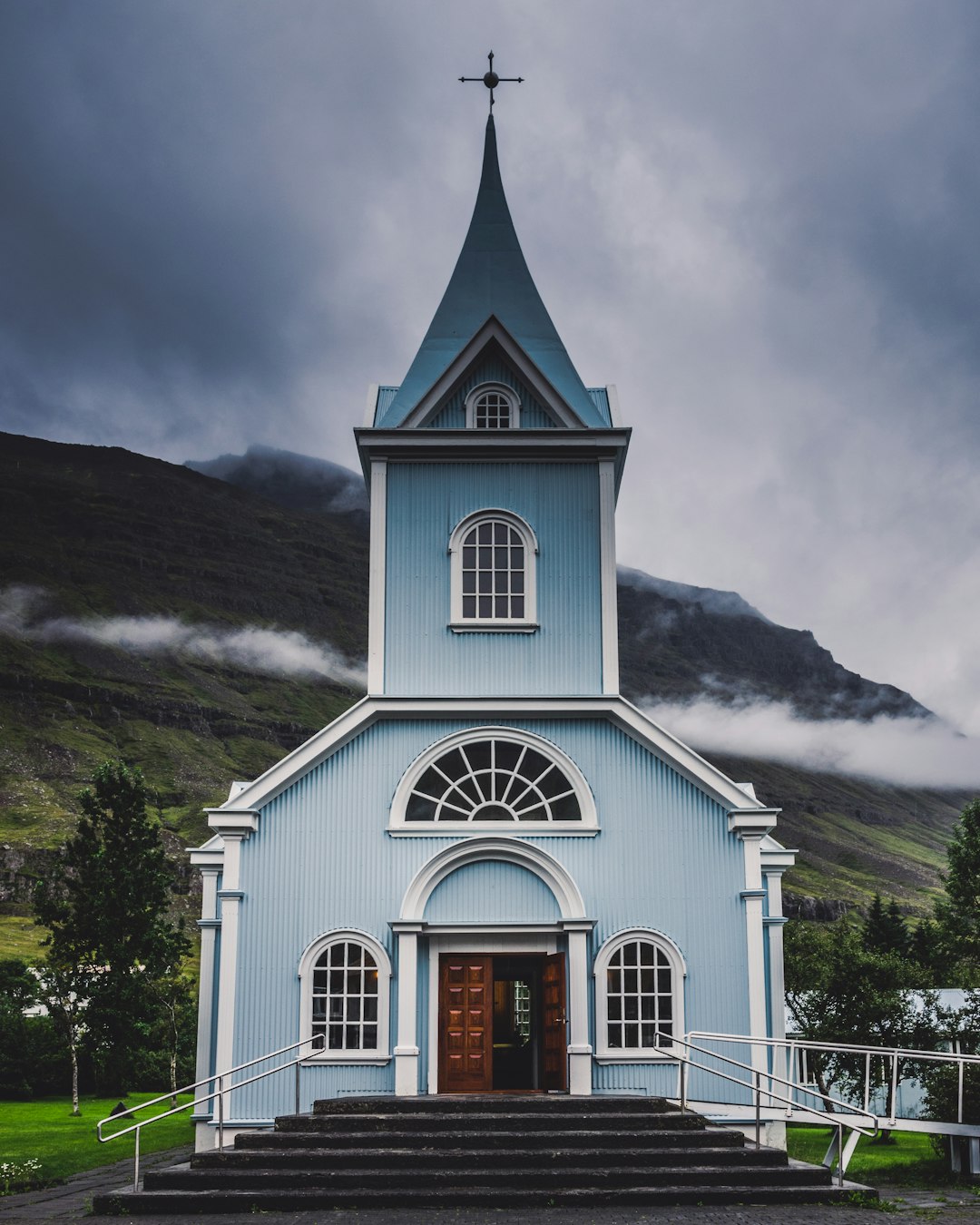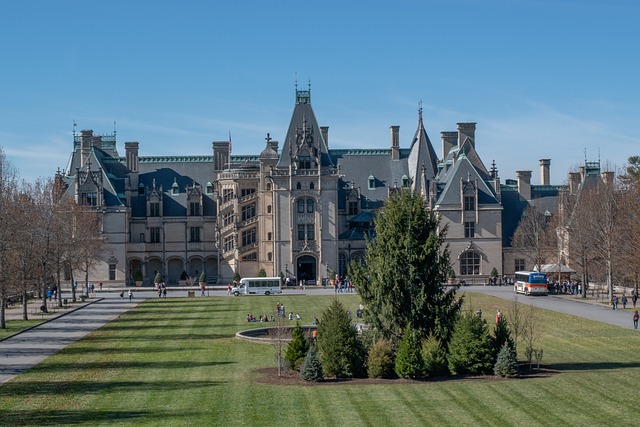In South Carolina, navigating clergy sexual assault cases requires specialized clergy abuse lawyers who understand complex legal frameworks and can provide crucial support. These attorneys help victims protect their rights, offer guidance through the process, advocate for compensation, and hold religious institutions accountable. Reporting abusive behavior by clergy members is essential, but victims often face challenges due to power imbalances and stigma. Specialized clergy abuse lawyers in South Carolina assist with reporting, ensure anonymity, and navigate legal complexities, emphasizing the urgency of prompt action. Selecting experienced attorneys with a proven track record is key to achieving justice and fair compensation while maintaining privacy.
In South Carolina, clergy sexual assault is a sensitive yet critical issue that requires specialized legal guidance. This article delves into the essential aspects of navigating such complex cases. Understanding state laws and seeking competent clergy abuse lawyers in SC is pivotal for victims seeking justice. We explore the role of legal consultation, highlighting how it empowers survivors to take action against abusive behavior within religious institutions. By discussing common challenges and strategies for identification and reporting, this guide aims to assist those affected by clerical abuse in South Carolina.
Understanding Clergy Sexual Assault Laws in South Carolina
In South Carolina, clergy sexual assault cases are governed by specific legal frameworks that can be complex and nuanced. If you or someone you know has experienced sexual abuse within a religious institution, understanding your rights under the law is crucial. The state has laws in place to protect victims of sexual misconduct, including those committed by clergy members.
If you’re seeking justice and accountability for clerical abuse, it’s essential to consult with experienced clergy abuse lawyers in South Carolina. These legal professionals specialize in navigating the unique challenges of these cases, ensuring that victims’ rights are protected and that they receive the support and compensation they deserve. They can guide you through the legal process, providing clarity and advocating for your interests.
The Role of Legal Consultation for Victims
For victims of clerical sexual assault, seeking legal consultation is a crucial step towards justice and healing. In South Carolina, specialized clergy abuse lawyers play a vital role in empowering individuals to take legal action against perpetrators and hold religious institutions accountable. These legal professionals have extensive knowledge of state laws related to sexual misconduct and can provide essential guidance tailored to the unique circumstances of each case.
Victims may face various challenges when considering legal options, including emotional trauma and fear of retaliation. Clergy abuse lawyers offer a safe space for victims to share their experiences and explain the legal process in a clear, supportive manner. They help navigate complex legal procedures, ensure victims’ rights are protected, and fight for fair compensation or restorative justice. This support is invaluable, enabling survivors to take control of their narrative and seek the resolution they deserve.
Identifying and Reporting Abusive Behavior
Identifying and reporting abusive behavior is a crucial step in addressing clergy sexual assault cases in South Carolina. Many victims struggle to recognize the signs of abuse, often due to the power dynamic within religious institutions. Abusive behavior by clergy members can manifest in various ways, from inappropriate physical contact to manipulative tactics used to control congregation members. It’s essential for individuals experiencing such behaviors to understand that they are not alone and that help is available through specialized clergy abuse lawyers in South Carolina.
Reporting mechanisms exist within most religious organizations, but victims may feel reluctant to come forward due to fear of retaliation or embarrassment. Clergy abuse lawyers can guide victims through the reporting process, ensuring their anonymity and providing legal support. They can also offer guidance on understanding institutional policies, state laws, and potential avenues for justice and healing. Promptly identifying and addressing abusive behavior is vital in protecting vulnerable individuals and preventing further harm.
Common Challenges in Clerical Abuse Cases
When it comes to addressing clerical sexual assault in South Carolina, several unique challenges often arise in legal cases. One significant hurdle is the sensitivity and stigma surrounding these issues, which can deter victims from coming forward and seeking justice. Many individuals facing abuse within religious institutions may feel trapped due to their faith or fear of retribution from their communities, hindering their willingness to report the crimes.
Another challenge is the complex nature of these cases. Clerical abuse lawyers in South Carolina often deal with intricate legal matters, including interpreting religious doctrines and navigating institutional policies. Given the diverse interpretations of scriptures and practices within different denominations, establishing a clear legal framework for such cases can be difficult. This complexity demands specialized knowledge and experience from attorneys who understand both the legal system and the nuances of various religious traditions.
Choosing the Right Clergy Abuse Lawyers in SC
When seeking justice for clergy sexual assault in South Carolina, choosing the right legal counsel is paramount. It’s crucial to find attorneys who specialize in clergy abuse cases and have a proven track record of success. Look for lawyers who are experienced in navigating complex legal systems and understand the unique challenges that come with these sensitive matters.
Consider those who possess a deep understanding of South Carolina laws pertaining to clergy abuse, as well as a genuine empathy for survivors. The best clergy abuse lawyers in SC will offer compassionate guidance, ensuring you receive fair compensation while maintaining your privacy. They should be adept at handling confidential information and have the resources to effectively pursue your case.





